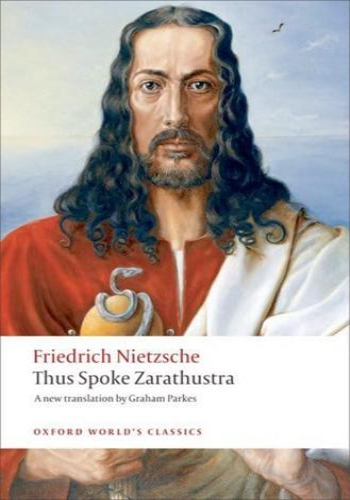'The profoundest book there is, born from the innermost richness of truth, an inexhaustible well into which no bucket descends without coming up with gold and goodness.' Thus Spoke Zarathustra (1885) was Nietzsche's own favourite among all his books and has proved to be his most popular, having sold millions of copies in many different languages. In it he addresses the problem of how to live a fulfilling life in a world without meaning, in the aftermath of 'the death of God'. Nietzsche's solution lies in the idea of eternal recurrence which he calls 'the highest formula of affirmation that can ever be attained'. A successful engagement with this profoundly Dionysian idea enables us to choose clearly among the myriad possibilities that existence offers, and thereby to affirm every moment of our lives with others on this 'sacred' earth. This translation of Zarathustra (the first new English version for over forty years) conveys the musicality of the original German, and for the first time annotates the abundance of allusions to the Bible and other classic texts with which Nietzsche's masterpiece is in conversation. ABOUT THE SERIES: For over 100 years Oxford World's Classics has made available the widest range of literature from around the globe. Each affordable volume reflects Oxford's commitment to scholarship, providing the most accurate text plus a wealth of other valuable features, including expert introductions by leading authorities, helpful notes to clarify the text, up-to-date bibliographies for further study, and much more.







